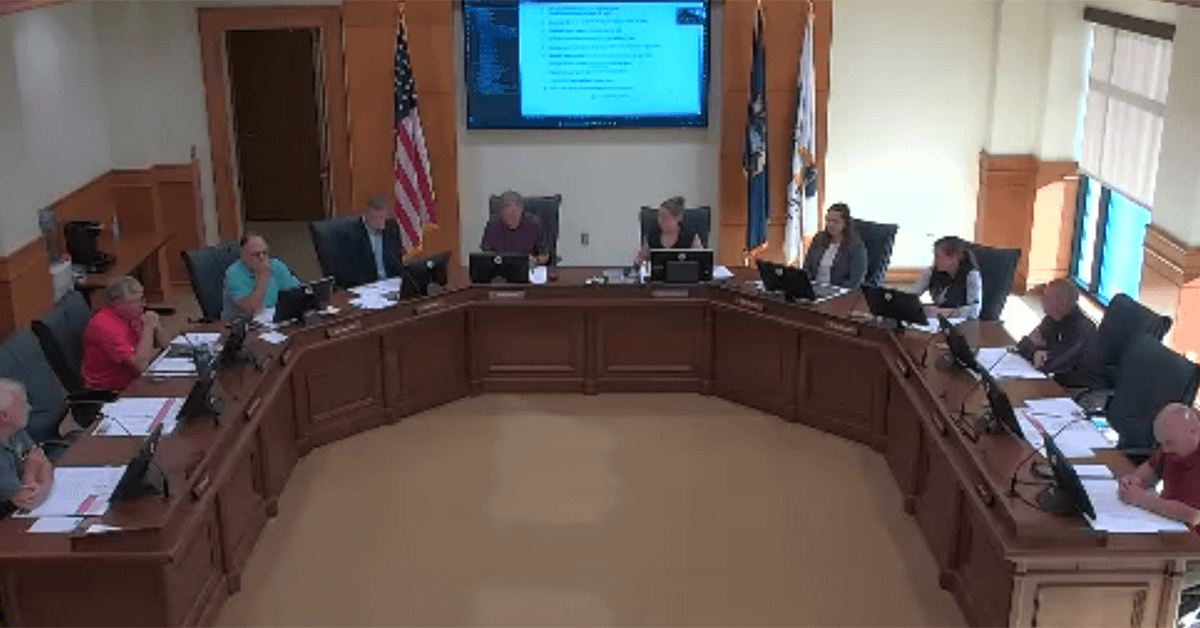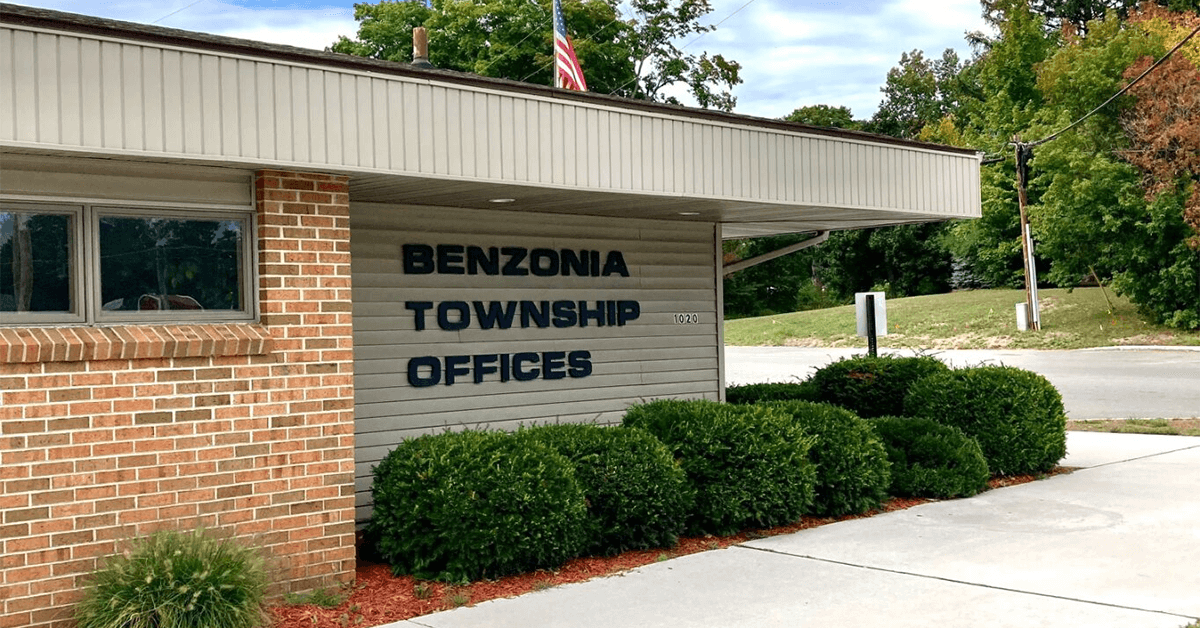Michigan Border Towns Eye Ohio's Impending Marijuana Vote Warily

In the quaint town of Morenci, Michigan, population 2,300, you'll find a scarcity of grocery stores but an abundance of marijuana dispensaries. Positioned strategically along the Ohio border, this locale and others like it — Adrian and Monroe, to name a couple — have become hotspots for cannabis tourism, especially for Ohio residents where recreational marijuana use remains illegal.
Cannabis: A Blossoming Industry Amidst Basic Amenities
Morenci's reliance on the thriving cannabis industry contrasts its lack of basic amenities. Local residents endure at least a 20-minute drive to stock up on groceries, yet the town hosts five distinctive marijuana stores, primarily patronized by Ohioans, many of whom may be navigating Michigan's marijuana market for the first time. If you're one of them, check out our Michigan Marijuana Buying Guide for Tourists for comprehensive insights. The prominence of the marijuana industry starkly contrasts with the town's scarcity of fundamental amenities, underlining its vital economic role in an area lacking basic resources like food markets.
Anticipating Changes: The Ohio Vote on Legalization
However, the tides might be shifting. Morenci, along with other Michigan border towns, is cautiously observing the November 7th vote in Ohio, which could legalize recreational marijuana and thus, potentially curtail the inflow of Ohio cannabis tourists to Michigan. Current illegal status notwithstanding, numerous Ohioans make the trek to Michigan, where they can legally purchase and enjoy marijuana products.
Ohio's Potential Shift Towards Legalization
The proposition presented to Ohio voters seeks to legalize the purchase of marijuana products for adults aged 21 and above in state-sanctioned stores. Furthermore, it would allow residents to cultivate marijuana at home, representing a potential significant shift in regional cannabis commerce.
A poll conducted by Yes2, an advocacy group supporting the initiative, reported that 59% of Ohioans back the proposal, while 36% intend to vote against it, highlighting the potential for this shift to become a reality.
The Financial Implications for Michigan's Marijuana Market
In Morenci, the economic benefit derived from cannabis sales is conspicuous. Brad Moran, Morenci's city superintendent, revealed that the most recent annual sales tax payment to the town from marijuana sales reached $240,000. This sum is augmented by $75,000 from licensing fees for medical and recreational marijuana businesses. The exact figure for property taxes from the five businesses is undisclosed, but it adds a supplementary boost to the town's coffers.
The looming Ohio vote, Moran conveys, is being "watched anxiously."
An Industry at a Crossroads
Bob Eschrich, co-owner of the Jade Collection, a marijuana store prominently located on Morenci's Main Street, estimates "Probably 75% to 80% are Ohio people" among his clientele. The ramifications of the vote could thus be stark, potentially diminishing a sizable chunk of the customer base for businesses like his.
Although many of Michigan's marijuana locations might remain unscathed by the Ohio vote's outcome, towns like Morenci that rely heavily on cross-border sales might experience a downturn. Eschrich anticipates that the survival of Morenci's marijuana businesses is not assured, especially in the intermediate term.
Adaptation and Expectations: A Path Forward
Despite potential challenges, Eschrich remains resilient, asserting that a prospective one-year gap between the vote and the actual opening of recreational stores in Ohio (if the state question passes) provides a crucial window for Michigan stores. Additionally, an excess supply has reduced prices in Michigan's cannabis stores, providing a tentative price advantage until Ohio's market stabilizes.
Eschrich envisions a "three- or five-year window" of transition, during which customer loyalty, particularly among older adults seeking pain relief, will be pivotal. "My way of survival is to be that one people are willing to drive to," he concludes.
In essence, Michigan's border towns, having burgeoned amidst a burgeoning marijuana market, now teeter on the brink of a new era, where adaptation and customer loyalty will determine the sustainability of their green economy amidst potential policy shifts across state lines.
Share this article:
Spotted a typo, grammatical error, or a factual inaccuracy? Let us know - we're committed to correcting errors swiftly and accurately!








 Helpful Links
Helpful Links